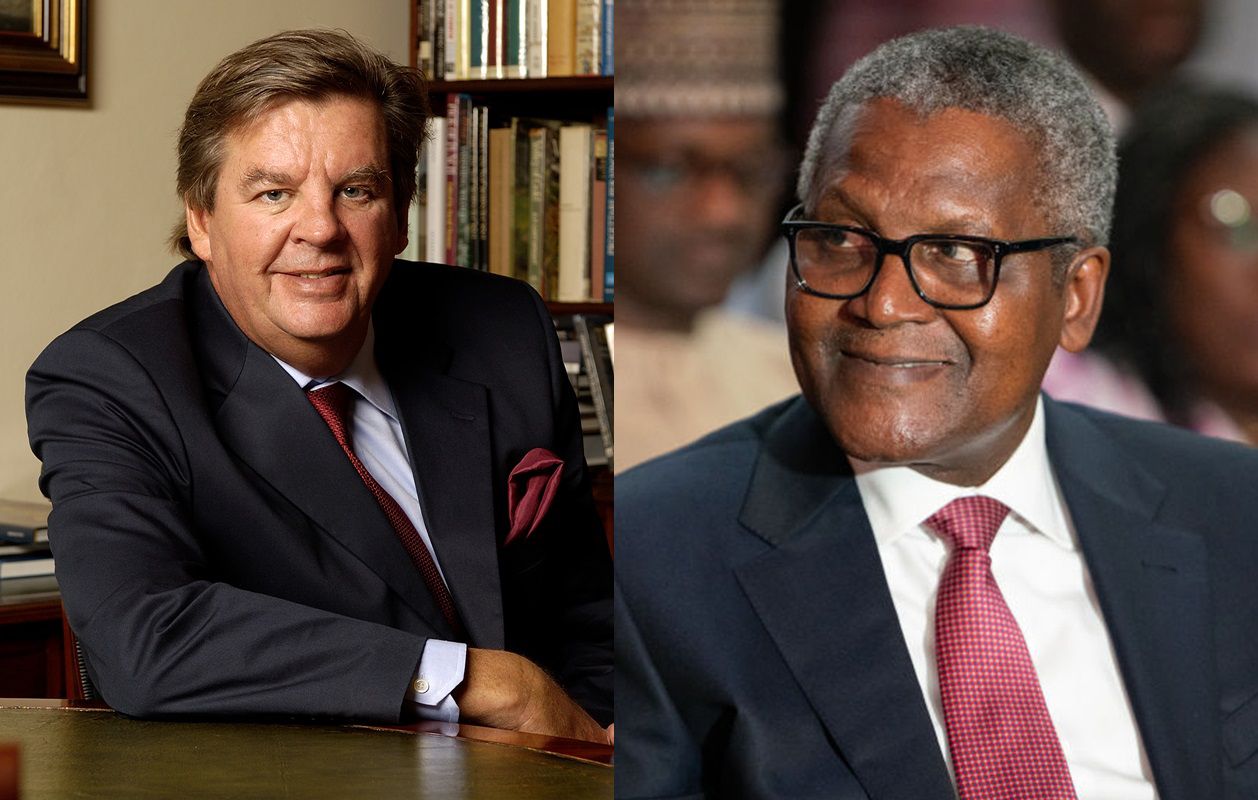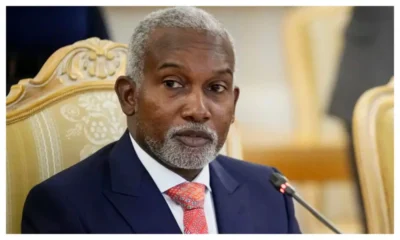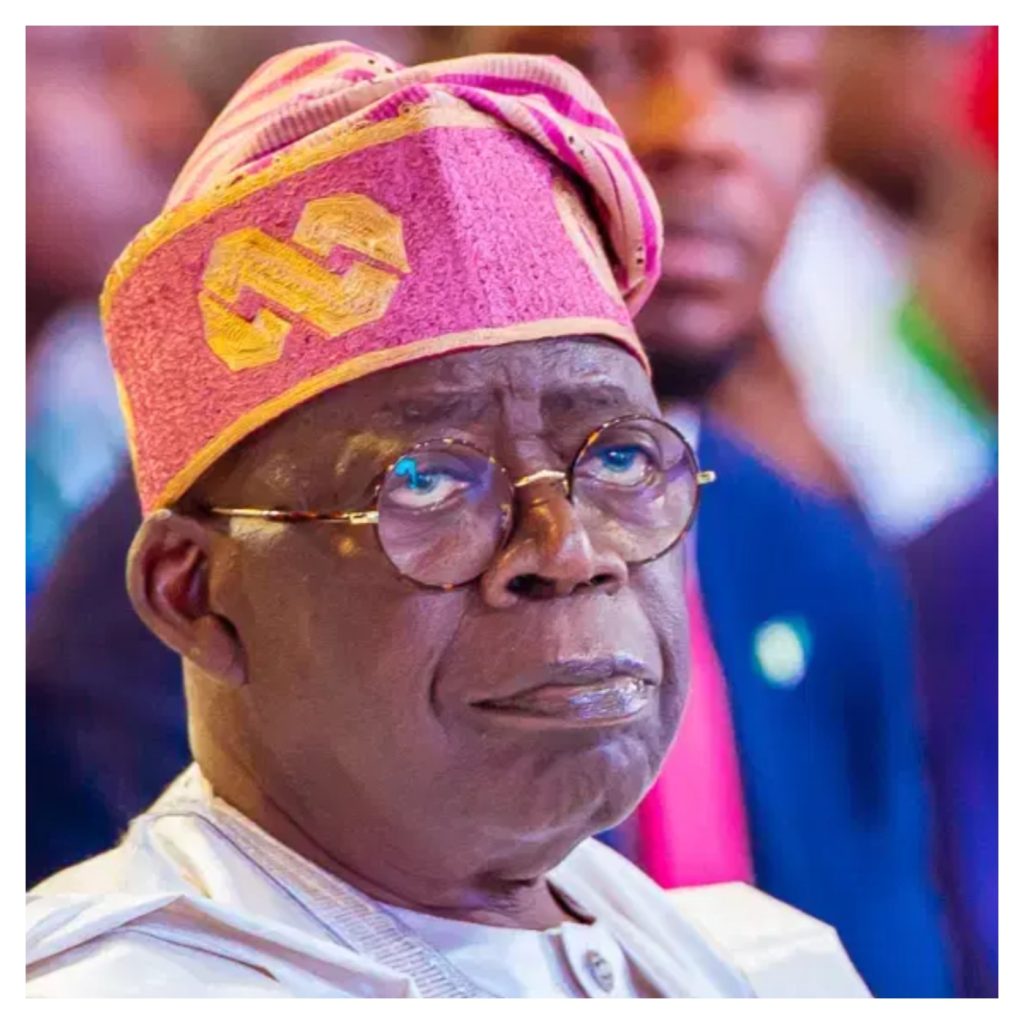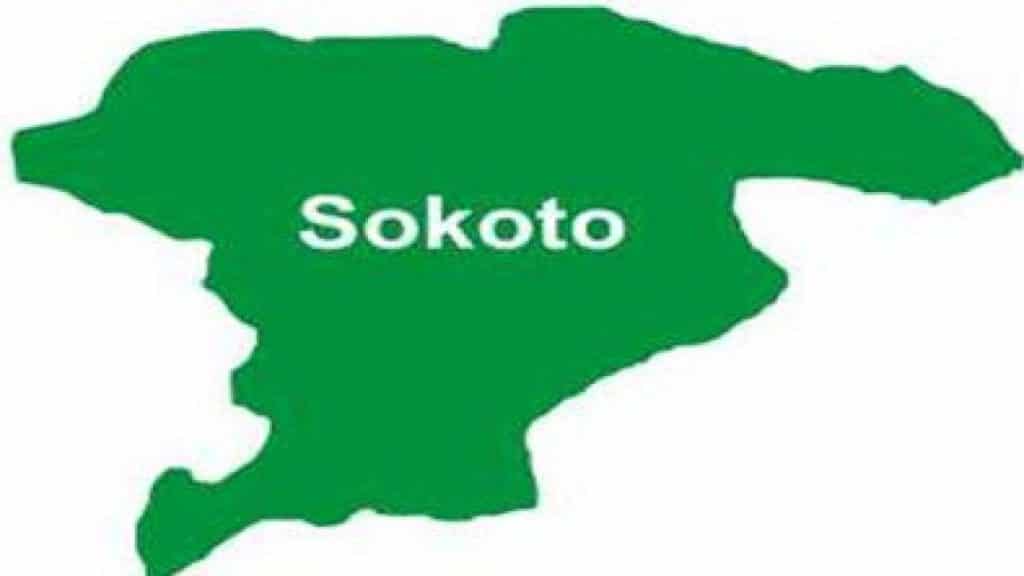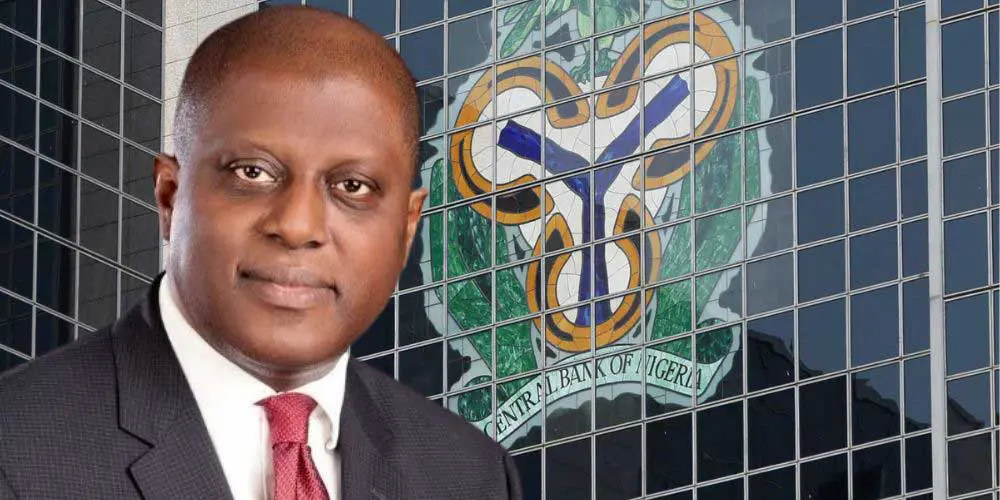The Nigeria Oil and Gas Integrity Forum has called on President Bola Tinubu to continue to support independent regulatory institutions like the Nigerian Upstream Petroleum Regulatory Commission, NUPRC, noting that Nigeria must build strong institutions and not strong individuals.
The forum in a press statement also urged stakeholders across the sector to work hand-in-hand with the Commission to consolidate the gains achieved so far.
President of the forum, Vivian Okorafor, while noting the critical and patriotic role of NUPRC in steering the successful implementation of the Petroleum Industry Act, PIA, said the law has become the nation’s saving grace in the oil and gas sector.
Okorafor claimed the PIA law would have meant little without the “visionary, competent and firm regulatory leadership” demonstrated by the NUPRC and its leadership.
“The PIA was a monumental achievement, but the real success story is what followed. Without the solid and transparent enforcement of the law by NUPRC, we would still be grappling with regulatory uncertainties, capital flight, and investor distrust. Today, because of strong leadership at the NUPRC, Nigeria’s upstream sector has regained the confidence of both local and international investors,” the statement reads.
“In the past, regulatory opacity drained our oil industry of investments. But NUPRC has reversed that trend. Transparent bid rounds, clear licensing processes, streamlined procedures — these have restored faith in Nigeria’s petroleum sector and placed us on a competitive global footing once again,” Okorafor said.
She also highlighted the Commission’s focus on promoting Nigerian content and encouraging indigenous companies, saying these steps were crucial for broad-based economic development.
“Technology is now being deployed smartly to plug leakages. Licensing, reporting, and monitoring are now largely digital, making it difficult for underhand dealings to thrive. This is part of the transformational thinking that the NUPRC leadership has brought into the regulatory ecosystem.” she added.
Okorafor noted that one of the most critical impacts of the PIA implementation has been the new fiscal regime that now makes Nigeria a more attractive destination for upstream investments compared to the pre-PIA era.
“Before the PIA and the new fiscal frameworks enforced by NUPRC, Nigeria was losing out to other African nations like Angola and Ghana,” she explained.
“We urge Mr President to shield institutions like the NUPRC from political interference. Nigeria must build strong institutions, not strong individuals. Komolafe and his team have shown what can happen when professionalism is allowed to lead. We must nurture and protect that.
“No law is perfect. No reform is ever completely painless. But with the firm handling of the PIA, Nigeria has a chance to write a new chapter in its oil and gas history — one marked by transparency, growth, and shared prosperity.”

